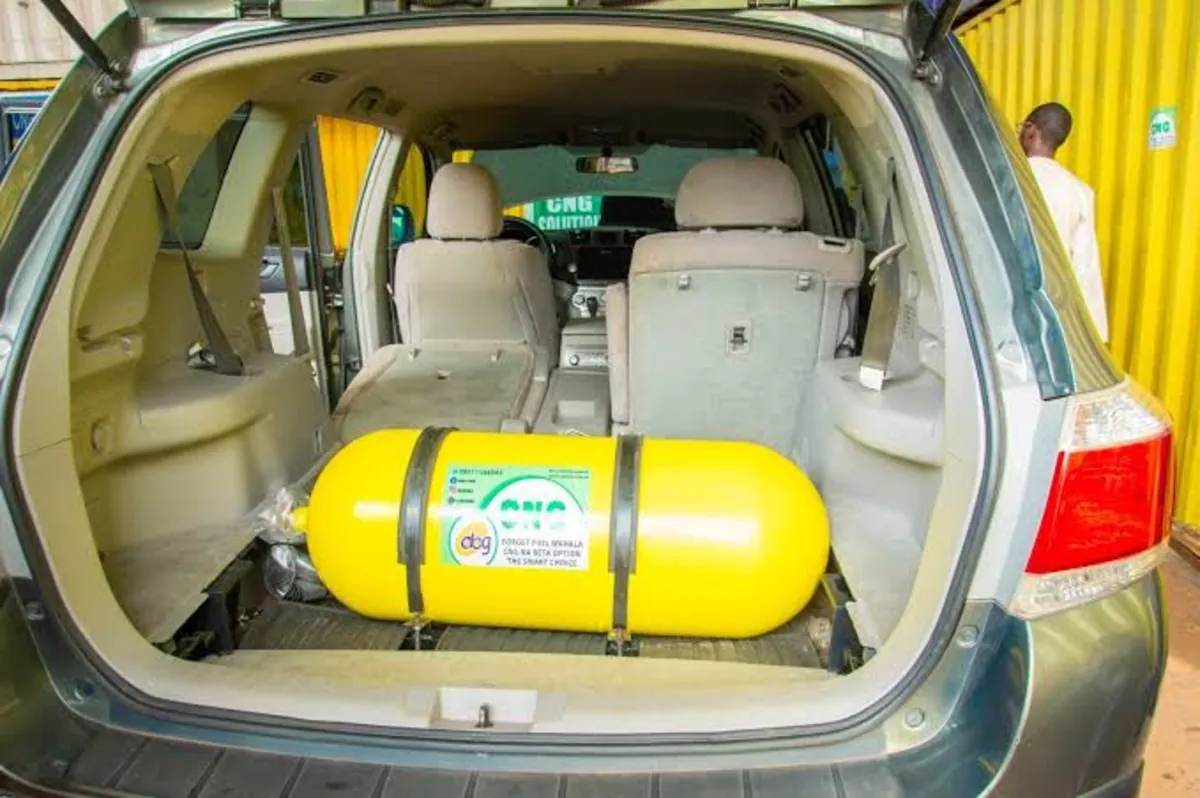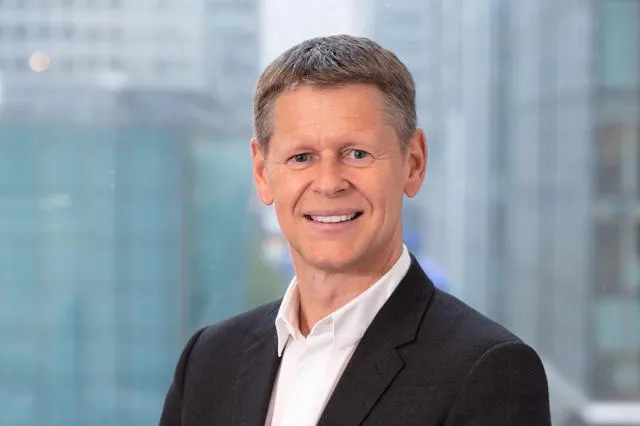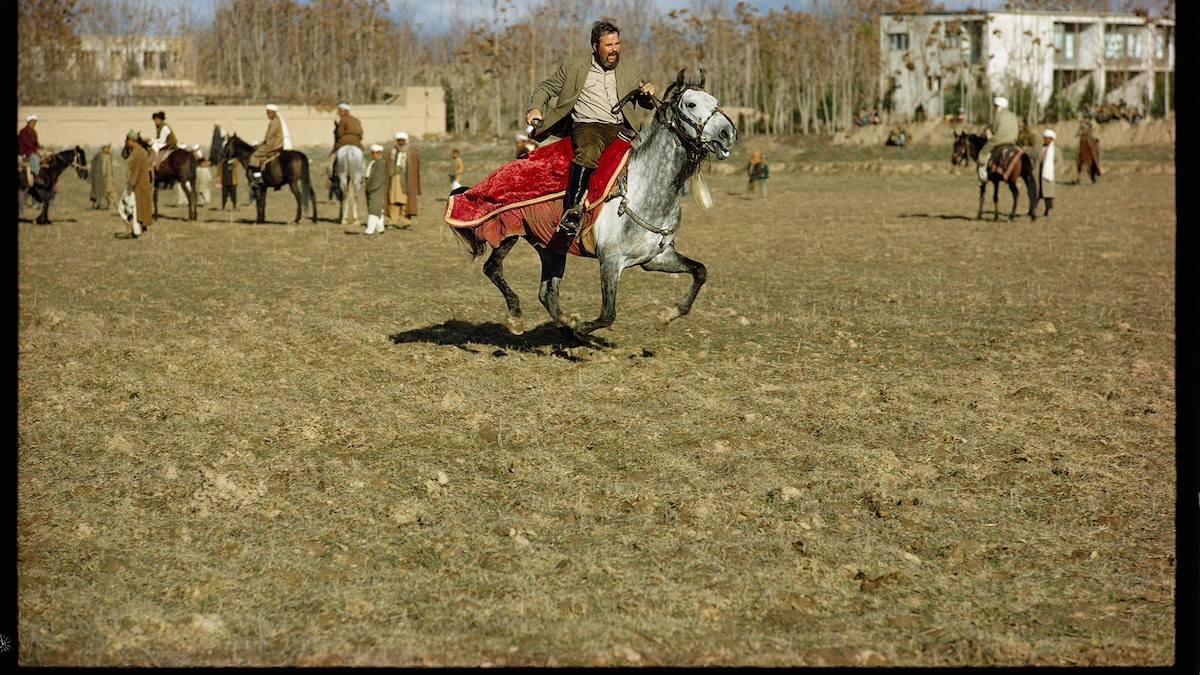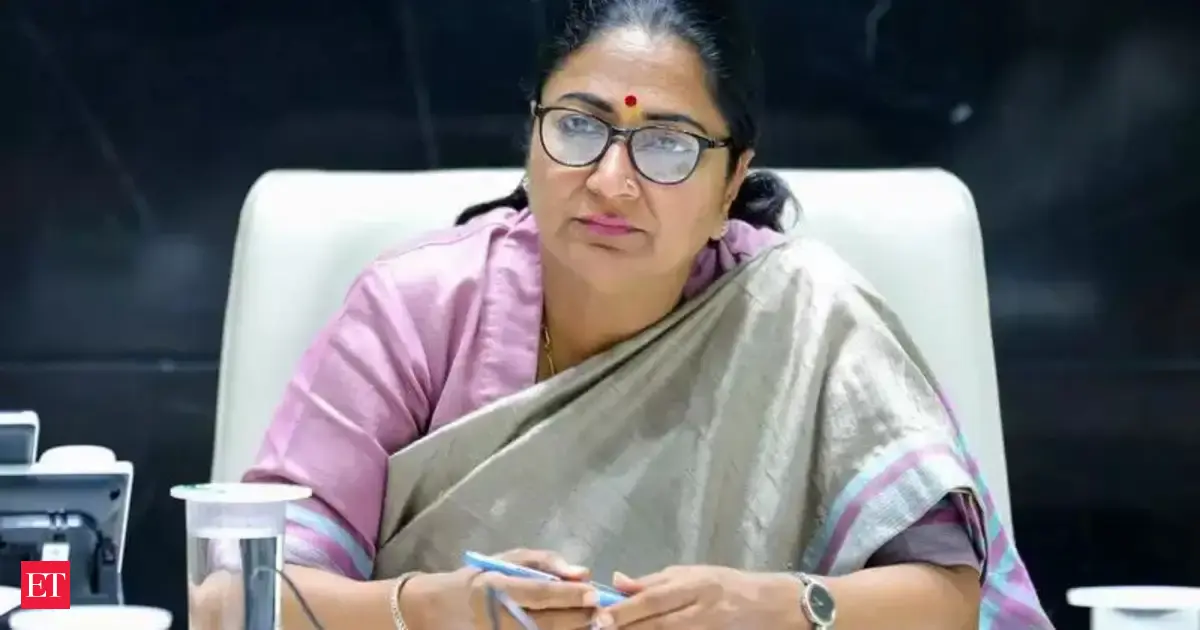Stakeholders blame low CNG penetration on high infrastructure cost, insufficient stations, others
By Dayo Ayeyemi
Copyright tribuneonlineng

A combination of high costs of infrastructure and conversion centres, inadequate filling stations and low price, among others have been adduced for low penetration of Compressed Natural Gas (CNG) in Nigeria by the industry’s experts
Recall that the Presidential CNG Initiative (PCNGI), a flagship program of the Federal Government was launched in 2023 to fast-track the nation’s transition to cleaner, more affordable, and more sustainable alternative to Premium Motor Spirit (PMS) and diesel across the country.
Noticing the recent low penetration of CNG two years after, the experts, who spoke with the Nigerian Tribune, are calling on the government to continue to invest in the initiative to ensure that conversion from petrol to gas is seamless and cheaper so that more people and investors will invest in converting their cars and build more stations.
The experts, which comprised the Executive Secretary & Chief Executive Officer, Major Energies Marketers Association of Nigeria ( MEMAN), Clement Isong; former MEMAN Chairman, Adetunji Oyebanji; and Host, Rig2Pump, Femi Odulaja, said there was a need to get the market for CNG right.
Speaking, Isong commended the government, saying it has really done a lot of work with the infrastructure’s fund.
However, he pointed out that it’s still extremely expensive for operators of CNG filling stations to start off with infrastructure from the scratch.
ALSO READ: I never told anyone I wanted third term, Obasanjo opens up
High cost of building CNG stations, he said was responsible for low investment and scarcity of stations.
According to him: it’s extremely expensive to start off with infrastructure from scratch, adding that all of the equipment, including the bus station has to be imported.
He said that while few entrepreneurs have taken the bull by the horns by investing in CNG equipment and resolving the associated challenges in the sector, many others, who he described as “second and third movers” are waiting for the problems to be taken out of the system before they invest.
“From the point of view of an entrepreneur, that is the businessman that is going to invest his money, some people have taken the bull by the horns and are what you call first movers, second movers, they took the problems, resolving them as they go on.
Others will wait for the problems to be taken out of the system before they do their investment,” Isong said.
Oyebanji explained that the cost of a CNG station wasn’t like a normal petrol station, saying the cost could be two or three times more than a petrol station because of what is involved.
“First and foremost, the tank for CNG, because it’s under a lot of pressure, is very thick and expensive. And then the meters and the pumps are not like a petrol pump. So that makes the whole thing more expensive,” he said
Oyebanji added that the break-even price introduced at the initial stage to attract people to get into the CNG scheme also discouraged investment in the sector.
He pointed out that the recent upward price adjustment was an attraction to investors.
“The price of CNG itself was also held artificially low in order to encourage people to take it on board and all that. But at the same time, that artificially low was not giving return to those people investing in it. So the recent price’s adjustment now would have helped to assuage that part of the problem.
“So the latest price is a bit more okay and may allow people to invest. The former price, nobody was really making much money, so you cannot encourage people to invest in it.
“A few people, when they did the evaluation, they said that if government wanted to be giving CNG away free, let the authority be doing it. We cannot invest our money and all that,” he said.
He said that despite the fact that some people have taken it upon themselves to convert to CNG, insufficient stations also served as a form of discouragement, hence the queues in filling stations witnessed in Abuja.
For the entire Ibadan, the Oyo State Capital, Oyebanji said there were two stations.
“So if you go and convert, yes, it’s cheaper for you, but to get it, you have to drive far and then you have to queue for a long time.
So that again is part of the issue. It becomes like chicken and egg, the people are not making a return enough, so they don’t invest in stations,” he said.
He hinted the NNPC, 11 PLC and others will build CNG stations across the country to facilitate easy access to CNG.
Oyebanji also disclosed that the conversion kits have also become more expensive.
“Government helps in providing some kits, but if you have to buy yourself, about three years ago, it was N200,000 and N250,000, but with devaluation of the Naira and all that, I think that cost went up to maybe N500,000.
Speaking, Odulaja blamed the seemingly low CNG penetration on high costs of building a filling station and conversion center, adding that scarcity of stations was a challenge.
Odulaja said he took motorists that already converted to CNG long time to refill.
He also cited faulty cylinder caps as a contributing factor, saying it has raised safety’s concerns.
He raised a concern that most people in the middle-class group are not ready to spend their money to convert to CNG, but that the low income group being targeted can’t afford the cost of conversion .
“There are challenges of refilling and easy access, when we say ease of doing business, we mean ease of getting to refill” he said, pointing out that motorists travelled kilometres before the could refill gas.
“One of the things we found out from commercial tricycle operators in Ikorodu is that the refilling stations are just two. As such, it takes them a longer time to refill due to long distance to each other
For example, the Keke Napep operators in Ikorodu have to go somewhere around Lucky Fibre Company along Lagos -Ijebu Ode Road to refill gas,’ he added
According to him, another issue was that the caps of the first set of cylinders rolled out for the initiative were faulty, saying that children can easily tamper with them.
Odulaja said that it is high time the government empower some manufacturers to start producing some of the imported components of the gas cylinders and CNG installation kits.
Olubunmi said:”As urban populations continue to swell, he urged the government and society to work together to create a housing system that ensures everyone, regardless of income, has access to decent living conditions.
“The housing crisis in Nigeria is not an insurmountable problem. With the right policies, community involvement, and investment in sustainable development, Nigeria can create a future where affordable, decent housing is within reach for all its citizens.”
“While the journey will be long and challenging, the collective effort of the government, the private sector, and citizens can pave the way for a more inclusive and affordable housing market in Nigeria’s cities,” she said.



